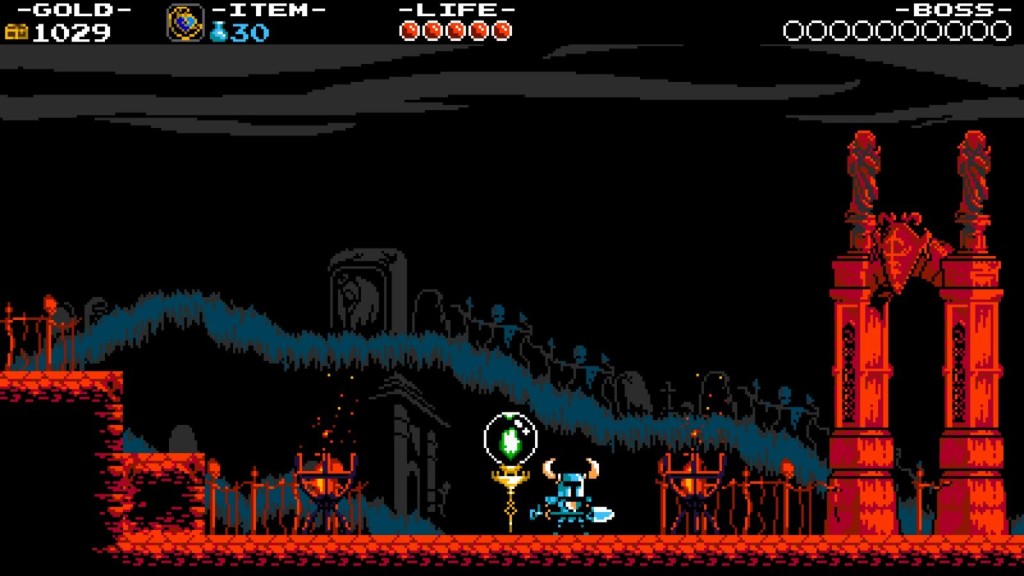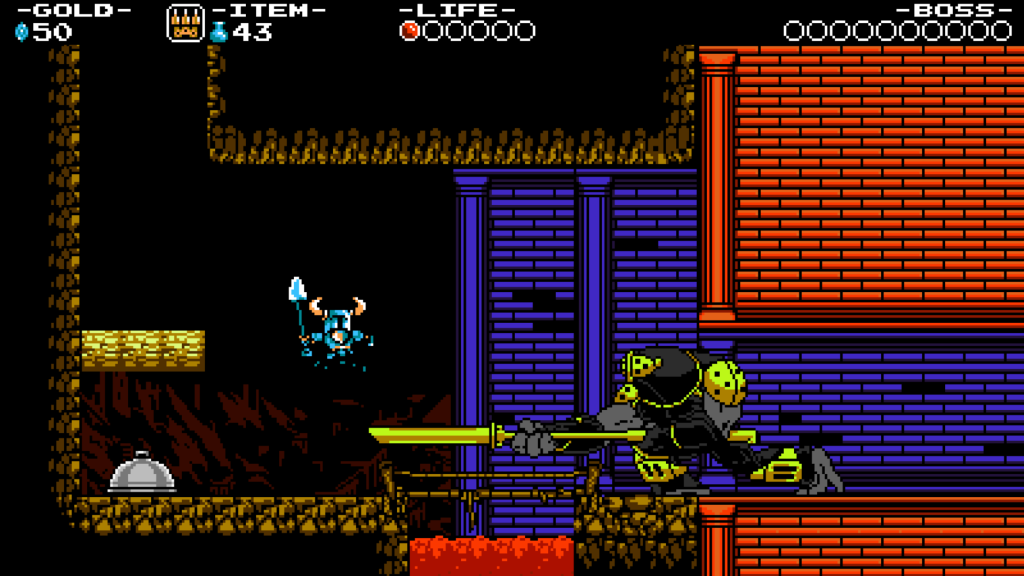Last updated on January 21, 2015
16 Thus says the Lord of hosts,
“Do not listen to the words of the prophets who are prophesying to you.
They are leading you into futility;
They speak a vision of their own [e]imagination,
Not from the mouth of the Lord.
17 “They keep saying to those who despise Me,
‘The Lord has said, “You will have peace”’;
And as for everyone who walks in the stubbornness of his own heart,
They say, ‘Calamity will not come upon you.’
18 “But who has stood in the council of the Lord,
That he should see and hear His word?
Who has given heed to [f]His word and listened?
19 “Behold, the storm of the Lord has gone forth in wrath,
Even a whirling tempest;
It will swirl down on the head of the wicked.
20 “The anger of the Lord will not turn back
Until He has performed and carried out the purposes of His heart;
In the last days you will clearly understand it.
21 “I did not send these prophets,
But they ran.
I did not speak to them,
But they prophesied.
22 “But if they had stood in My council,
Then they would have announced My words to My people,
And would have turned them back from their evil way
And from the evil of their deeds.Jeremiah 23
I have found Shovel Knight particularly relevant to the case of Jeremiah 23, mostly due to its association with false prophets. The media, even the games media, always like to hype up THAT ONE GAME which typifies and, subsequently, improves an old formula. The false prophets and oracles herald its praises – “Shovel Knight is great! Shovel Knight is amazing!” But is it really amazing, or are we just listening to a narrative propped up by a media with a vested interest in moving people away from a particular kind of game design.
At least for my part, I don’t believe them. I wouldn’t call Shovel Knight “disappointing” necessarily. After all, it does exactly what it sets out to do – recreate an NES platformer in the vein of Mega Man with modern game tropes thrown here and there. I can’t help but find tons of wasted potential in the final product, as well as fundamental misunderstandings as to what elements made them so memorable in the first place: namely, challenge. It lacks a certain something that would cause me to return to it. That, I think, has always been the central quality, the appeal if you will, of NES games (and, if we want to go further, arcade games in general). We can return to them and find new difficulties, since the game forced us to memorize it in the first place! Shovel Knight does not do this; it is easy and derivative, and all the worse for it.
The one original thing Shovel Knight does, the one idea that does not blatantly ape its inspirations (Mega Man, Ducktales, Zelda, Castlevania, and I’m sure other NES games) derives from its checkpoint system. Shovel Knight does not operate around the concept of lives and continues; instead, it places several checkpoints in each level. You can die as much as you want at these arranged checkpoints and immediately revive. However, by dying, you lose a percentage of the cash and treasure you acquire throughout the stage, in a similar way to Dark Souls except far less punishing. Money bags appear where you die, and you can obtain them again as long as you don’t die again, at which point that money disappears forever.
So why do you want money? As a Knight with a Shovel (cute concept, by the way), you dig treasure up a lot. You use that treasure to buy upgrades, from health upgrades like latter-day Mega Man games to Magic upgrades for use of the game’s many Castlevania-esque tools. There’s also a full assortment of armors that give Shovel Knight different attributes (such as half magic use for lower defense, or reduces knockback from enemy attacks for a slight loss of momentum control), and new skills like charged attacks that also utilize money. Simply put, money is useful.
Yacht Club Games wants to incentivize players to not use checkpoints by destroying them for money. You get a nice cash bonus if you destroy any checkpoint, and I imagine you get a pretty heavy bonus for completing the long, long, LONG stages in one go. Unfortunately, the money bonus just isn’t enough to make it worth the trouble at all. People like myself don’t want the game to reward us by making the entire game easier for doing difficult things. This makes about as much sense as kill streaks in Call of Duty. I found myself with literally every upgrade and more by the end of the game, and I never replayed a single stage in the entire game or broken checkpoints (except by accident). Yes, I can arbitrarily make the game more difficult for myself – but why bother? If the game isn’t going to penalize me in some way for using the checkpoints, I see no reason to oblige a silly sense of accomplishment outside of the game mechanics. A full health and magic bar just for dying makes no sense to me at all! I had the same problem with Supergiant Games’ Bastion: no efficient player will perform difficult tasks unless the rewards hold commensurate with the effort. Here, I didn’t see much of a motivation to do it.

As such, I could conquer the game’s myriad “NES hard” platforming challenges with brute force and some regularly dispensed intuition. Frankly, I think it relies a little too much on Mega Man’s traditional trope of showing you something in a less dangerous situation before implementing it a screen later. It’s almost like it’s the only trick in Shovel Knight’s book, as they pretty much do it constantly to the point of straightforward hand-holding (usually directly after checkpoints). There’s no sermonizing tutorial, which I appreciate, but they act like I’m an idiot after a while with this stuff, and that gets boring. How many times can you show me this challenge? Even Mega Man’s latter stages assume you know stuff; Shovel Knight keeps tutorializing that way until the very end, and man does it get old.

